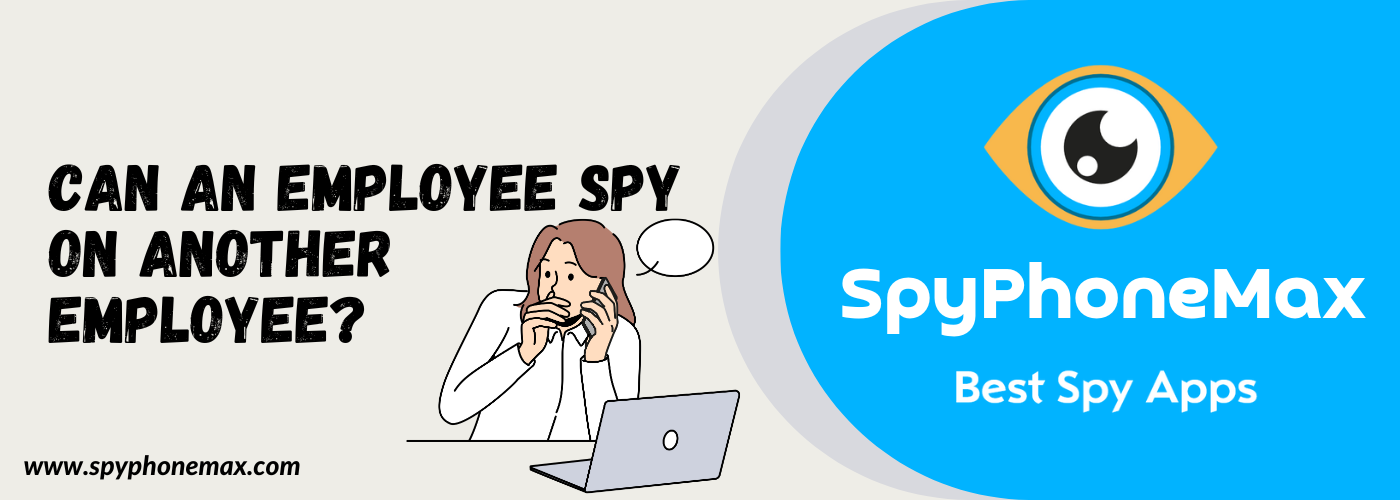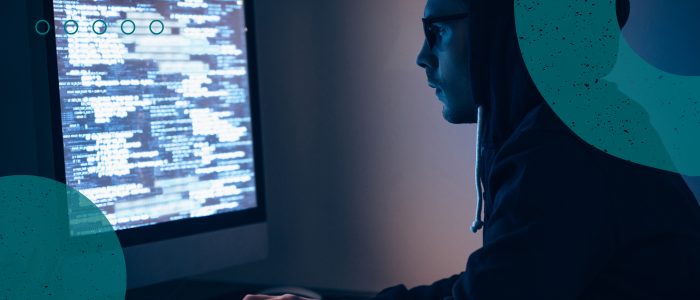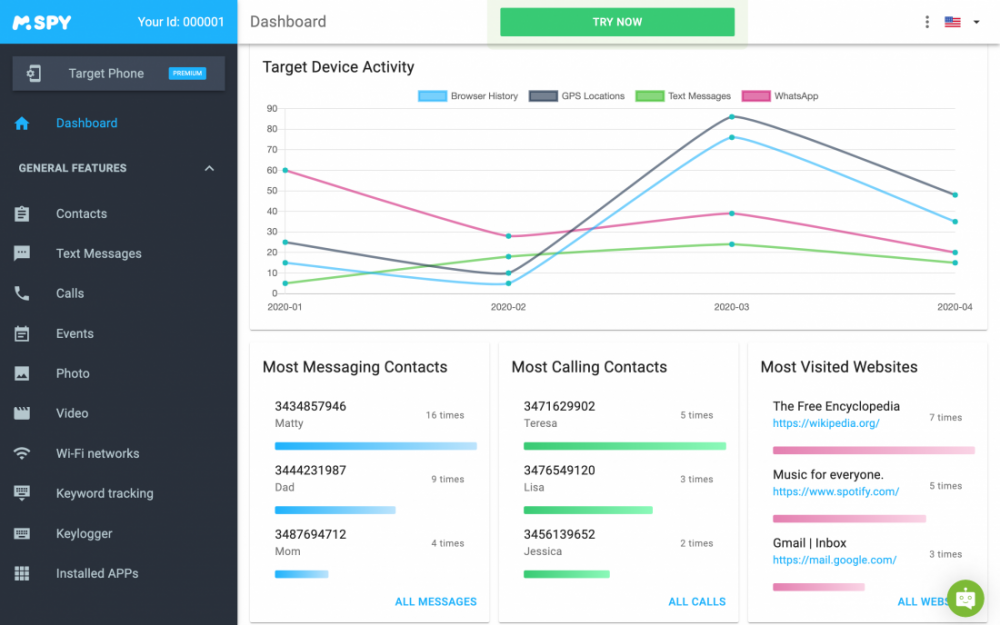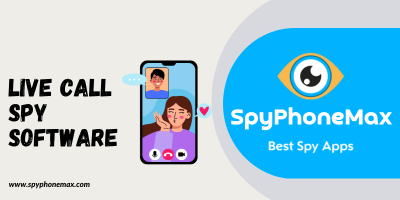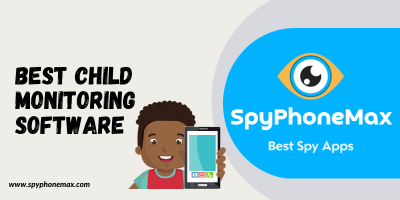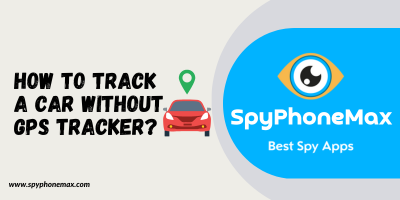The modern workplace is a hotbed of collaboration, innovation, and networking. But with this often comes a concern that’s been hovering over employees’ minds: Can an employee spy on another employee? This isn’t just an ethical question; it involves a complex mesh of laws, workplace policies, and personal privacy rights. So, let’s get into the details! 🧐
Short answer 💡: While it’s strongly recommended to respect individual privacy and legality in the workplace, there may be circumstances where monitoring software could be useful, especially for employers and managers. Phone spy apps, for example, can provide essential insights into employee behavior and productivity, especially in remote work environments.
These tools are meant for managing productivity and detecting potential issues. Always ensure their use complies with local laws, employees are informed, consent is given, and data is used for legitimate purposes only. Misuse can lead to legal consequences and harm workplace trust.
Is It Legal To Ask Employees To Spy On Co-Workers? 📝🕵️♀️
Diving deeper into our topic, it’s essential to address another relevant question: Is it legal to ask employees to spy on their co-workers?
The short answer is no, it’s generally not legal to ask employees to spy on their co-workers. Here’s why:
Understanding the Legal Framework ⚖️💼
As previously mentioned, unauthorized surveillance, including asking an employee to monitor another, often runs afoul of both U.S. law and the UK’s Data Protection Act 2018. These laws prohibit unauthorized wiretapping, electronic eavesdropping, or any form of intrusive surveillance. Any employee who attempts to spy on a fellow employee could potentially face legal consequences.
This means that if an employer asks an employee to spy on a colleague without the latter’s knowledge and consent, they could be inviting potential legal repercussions.
The Consent Factor ✍️👀
However, the key factor here is consent. If the individual being monitored is aware of and consents to the surveillance, the legal landscape can shift. This is often the case when an employer institutes a broad workplace monitoring policy, with clear guidelines and full transparency.
But there’s a crucial caveat: the consent must be informed and freely given. In practice, this means that the employer must be clear about what information they’re collecting, how they’re collecting it, and why. And the employee must agree to it without feeling coerced.
In conclusion, while it’s typically not legal to ask employees to spy on their co-workers, there are exceptions. The overriding principle, however, should always be respect for individual privacy rights. It’s essential to strike a balance between maintaining productivity and compliance on the one hand, and preserving trust and respect on the other. 🔍🕊️
Ethics and Workplace Culture 🧭🏢
Even when legally permissible, employee spying can have a damaging effect on workplace culture. It can breed mistrust and lower morale, negatively impacting teamwork and productivity. Thus, fostering a culture of respect, transparency, and trust is vital.
In conclusion, while there may be circumstances in which an employee can spy on another employee, these are generally constrained by laws, company policies, and ethical guidelines. Transparency and respect for privacy rights should always be at the forefront of workplace practices. 🕊️🔍
How Does A Co-Worker Spy On You? 🧐🔍
When it comes to workplace spying, it’s essential to understand how it could potentially happen. While not endorsing such behavior, here’s an overview of some methods that might be used:
By Installing Spyware On Your Computer Or Phone 💻📱
Spyware is software that can be covertly installed on a device to monitor and transmit personal information. If installed on your work computer or smartphone, spyware could allow another party to read your emails, check your internet history, access your files, or even use your webcam.
Spyware are clandestine software applications designed to monitor and log activity on a device without the user’s knowledge. They could be used to gather personal data, track your online habits, or even collect sensitive credentials such as usernames and passwords.
You step away from your desk for a quick coffee break, leaving your phone or laptop unattended. Unbeknownst to you, this short window of opportunity might be enough for a rogue co-worker to install spy software. This process usually takes only a few minutes, and once the spyware is installed, it’s designed to work silently in the background, hidden from view. So, without a trace, your co-worker could potentially be spying on you.
There are a multitude of spy applications available in the market, often branded as employee tracking or parental control tools. Here are a few for informational purposes:
- mSpy: A popular tracking software that offers real-time data access.
- FlexiSPY: Known for extensive device monitoring capabilities, including call interception.
- Hoverwatch: Logs calls, tracks locations, and even records popular social media app activities.
- Eyezy: Famed for easy installation and robust features, including a live control panel.
Don’t fret just yet! Protecting your devices from spyware is possible with regular system updates, robust anti-virus and anti-spyware software, and sensible habits such as not leaving your devices unattended in public spaces.
With A Keylogger ⌨️🔐
Keyloggers are a type of spyware that specifically record keystrokes. This means every email, password, and instant message can be captured without your knowledge. The use of keyloggers by anyone but system administrators and for reasons other than system troubleshooting is generally both unethical and illegal.
Using Spy Devices 🎙️📹
Physical devices like hidden cameras and microphones can also be used for spying. These devices can be concealed in a variety of everyday objects, making them hard to spot.
If you suspect the use of such devices in your workplace, it’s important to report your concerns to management or HR. It’s illegal in many regions to install such devices without appropriate consent or authority.
With A Professional Hacker Or Private Investigator 👩💻🔎
In some extreme cases, a co-worker might even employ a professional hacker or a private investigator to gather information. While professional hackers might use advanced techniques to breach network security, private investigators could use a variety of methods, ranging from digital investigation to more traditional forms of surveillance.
However, these methods are typically very illegal and highly unethical. If you suspect such practices, consider seeking legal advice.
Remember, the workplace should be an environment of trust and mutual respect. While it’s important to be aware of these possibilities, also bear in mind that such practices are generally illegal and heavily penalized. If you suspect any form of spying, it’s recommended to report it to your HR department or management, or seek legal counsel if necessary. 🕵️♀️🛡️
How To Protect Yourself From Being Spied By Another Employee? 🛡️🕵️♀️
In an age where digital privacy has become a major concern, it’s essential to know how to protect oneself from potential spying. Whether it’s online or offline, there are steps you can take to safeguard your privacy in the workplace.
Secure Your Devices 💻📱🔐
One of the first steps in protecting yourself is to ensure your devices are secure:
- 🛡️ Install Anti-virus and Anti-spyware Software: Use reliable security software that can detect and remove threats.
- 🔄 Regular Updates: Keep your operating system and apps updated. Updates often include security enhancements and patches.
- 🔐 Strong, Unique Passwords: Always use strong, unique passwords for your devices and accounts.
- 🔒 Lock Your Devices: Never leave your devices unlocked when unattended.
Be Mindful of Your Surroundings 👀🏢
Physical security is just as important as digital security:
- 🎒 Secure Personal Items: Lock up any personal items when you’re not at your desk.
- 🚫 Avoid Leaving Devices Unattended: Don’t leave your laptop or phone unattended in public areas.
- 👁️ Be Aware of Suspicious Activities: If you notice anything unusual, such as a coworker showing too much interest in your work or personal life, report it.
Protect Your Digital Footprint 👣💼
In the digital realm, always be mindful of what you’re sharing and with whom:
- 🔒 Use Secure Networks: Avoid using public Wi-Fi for work-related tasks.
- 📧 Be Cautious with Emails and Attachments: Don’t open suspicious emails or email attachments.
- 📋 Check App Permissions: Be wary of apps asking for unnecessary permissions.
Know Your Rights and Company Policies 📜⚖️
Understand your rights as an employee:
- 📖 Company Privacy Policy: Familiarize yourself with your employer’s privacy policy.
- 🗣️ Speak Up: If you believe your privacy is being violated, don’t hesitate to bring it up with HR or management.
In conclusion, while the possibility of being spied on by a coworker can be unsettling, it’s important to remember that you have control over your privacy. By implementing these practices and being mindful of your surroundings, you can significantly reduce the chances of falling victim to spying. 🛡️👀🔍
👉 Frequently Asked Questions (FAQs) 💬🤔
Conclusion: Standing Guard Over Your Privacy 🛡️🏁
The digital era has brought forth a world filled with opportunities and challenges in equal measure. As we navigate this interconnected landscape, our privacy often hangs in the balance. Understanding the dynamics of this delicate subject in a professional context, specifically the question, “Can an employee spy on another employee?” is an essential step toward creating a safe, productive work environment.
From our exploration, we can ascertain that while technology does provide the tools for potential espionage among colleagues, it is, in most jurisdictions, illegal and unquestionably unethical. Transparency, respect for each other’s privacy, and adhering to laws and regulations are the cornerstones of a trustworthy workplace.
To shield yourself against unwanted intrusions, be it through spyware, surveillance devices, or prying eyes, awareness and proactive security measures are crucial. Secure your digital devices, mind your surroundings, control your digital footprint, and understand your rights. 🔒🕵️♀️🌐
Remember, when it comes to your privacy, you are the gatekeeper. Stay informed, stay secure, and ensure your workspace remains a place of productive, positive collaboration. After all, trust is not a luxury in a professional environment; it is a necessity.

